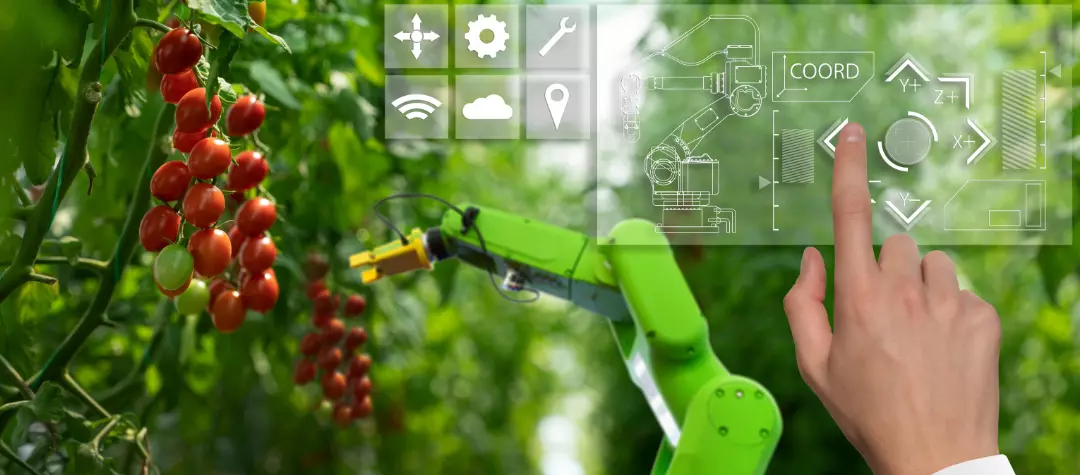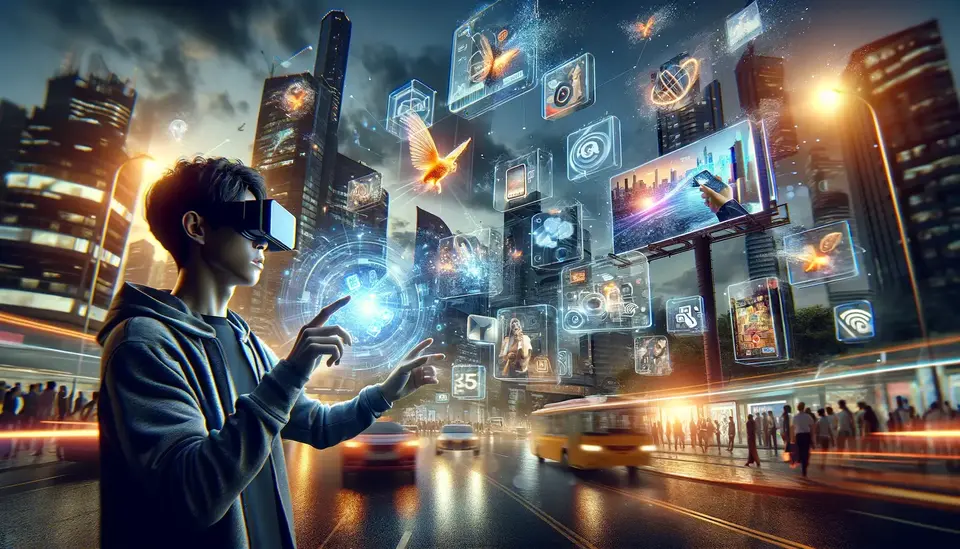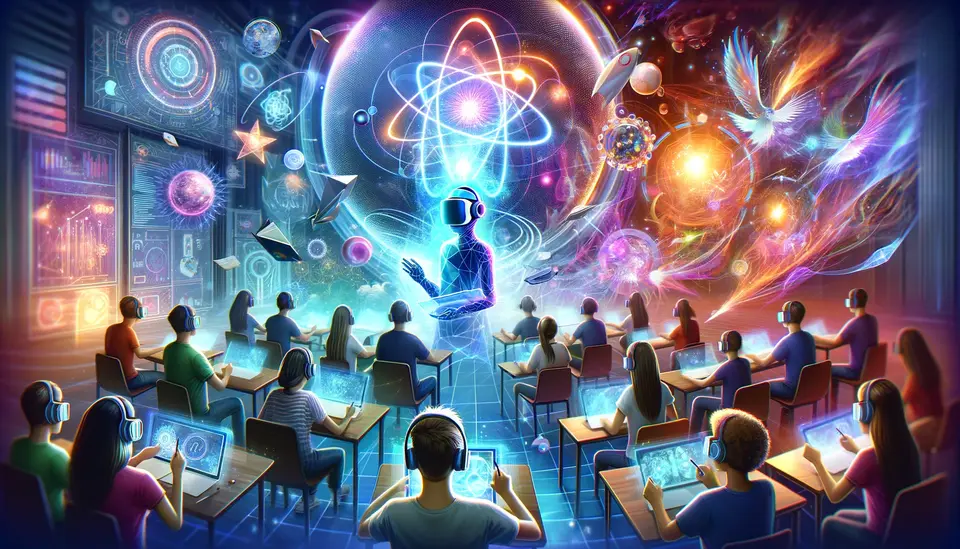The Benefits of Virtual Reality (VR) for Agriculture
Posted on April 27, 2023 3 minutes 569 words
Table of contents
The world of agriculture has undergone numerous transformations over the years. As we face new challenges such as climate change, population growth, and the increasing demand for sustainable farming methods, embracing new technologies has become vital for the success of the industry. One such technology that is proving to be a game-changer in agriculture is Virtual Reality (VR). In this blog post, we’ll explore the many ways in which VR is benefiting the agricultural sector, from immersive training experiences to improved crop management.
VR Training and Education for Farmers
Virtual Reality offers farmers the opportunity to immerse themselves in realistic, hands-on training experiences without ever leaving their homes. By simulating various agricultural tasks and scenarios, farmers can better understand different techniques, equipment, and best practices. For example, Case IH, an agricultural equipment manufacturer, has developed a VR training program that allows farmers to learn how to operate their machinery in a safe and controlled environment. This not only reduces training costs but also increases knowledge retention, as users can practice until they’ve mastered a skill.
Crop and Livestock Management
Virtual Reality can also help farmers more effectively monitor and manage their crops and livestock. By simulating different scenarios and conditions, farmers can better prepare for adverse weather, pests, and diseases. For example, a VR system that simulates the effects of drought can help farmers develop contingency plans and evaluate various irrigation strategies. Similarly, VR can also be used to simulate livestock behavior, allowing farmers to better understand their animals’ needs and plan accordingly.
Precision Agriculture and Data Analysis
Integrating VR with data from drones, sensors, and other agricultural tools allows farmers to gain a comprehensive understanding of their farm operations. By overlaying this data in a virtual environment, farmers can visualize crop health, soil conditions, and other key factors, leading to more informed decision-making. This precise approach to agriculture, known as precision agriculture, helps farmers optimize their use of resources, minimize waste, and ultimately increase their yields.
Virtual Collaboration and Remote Assistance
One of the major advantages of VR is its ability to bring people together, regardless of their physical location. This can be particularly beneficial in agriculture, where expert knowledge is often spread across vast distances. With VR, farmers can collaborate with agricultural experts in real-time, seeking advice and guidance on various aspects of their operations. This not only reduces travel costs but also ensures that farmers have access to the expertise they need to succeed.
Agricultural Tourism and Marketing
Virtual Reality can also play a role in promoting agricultural tourism and marketing efforts. By creating immersive VR experiences, farmers can showcase their farms and produce to potential customers, investors, and tourists from around the world. This can help generate additional revenue streams and foster a greater understanding of the importance of agriculture in our daily lives.
Conclusion
The adoption of Virtual Reality technology in agriculture has the potential to revolutionize the way we farm. From immersive training experiences to more effective crop and livestock management, the benefits of incorporating VR into agricultural practices are far-reaching. As we continue to explore new ways to harness the power of VR, the future of agriculture looks brighter and more sustainable than ever. So, stay informed about the latest developments in VR technology and consider how it could impact your own agricultural practices for a more productive and efficient future.








